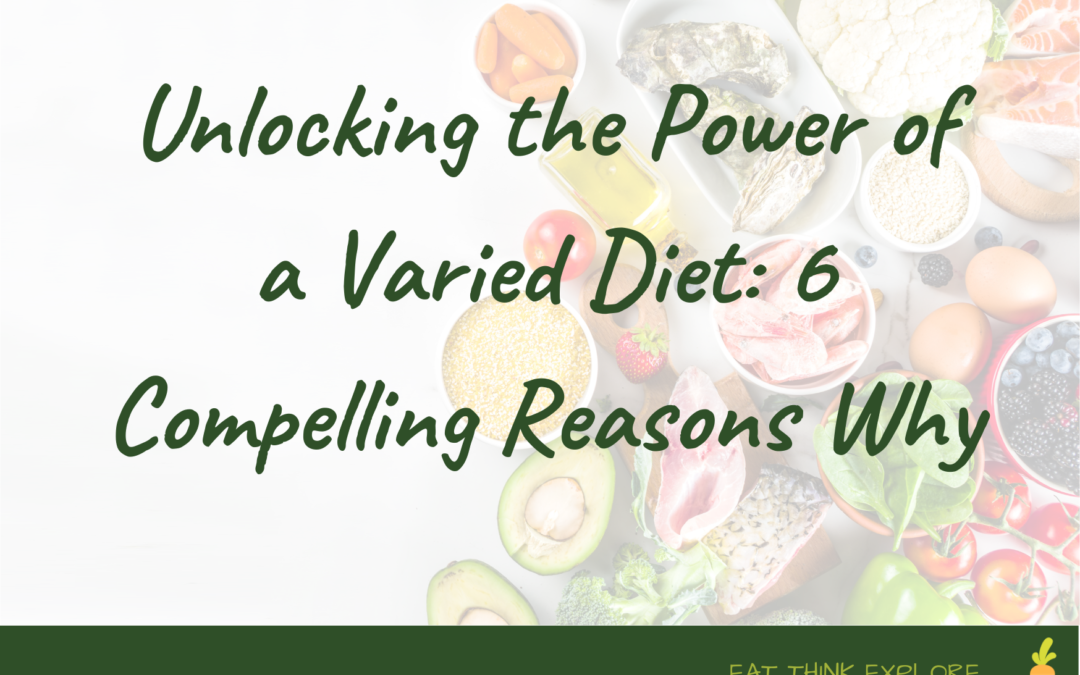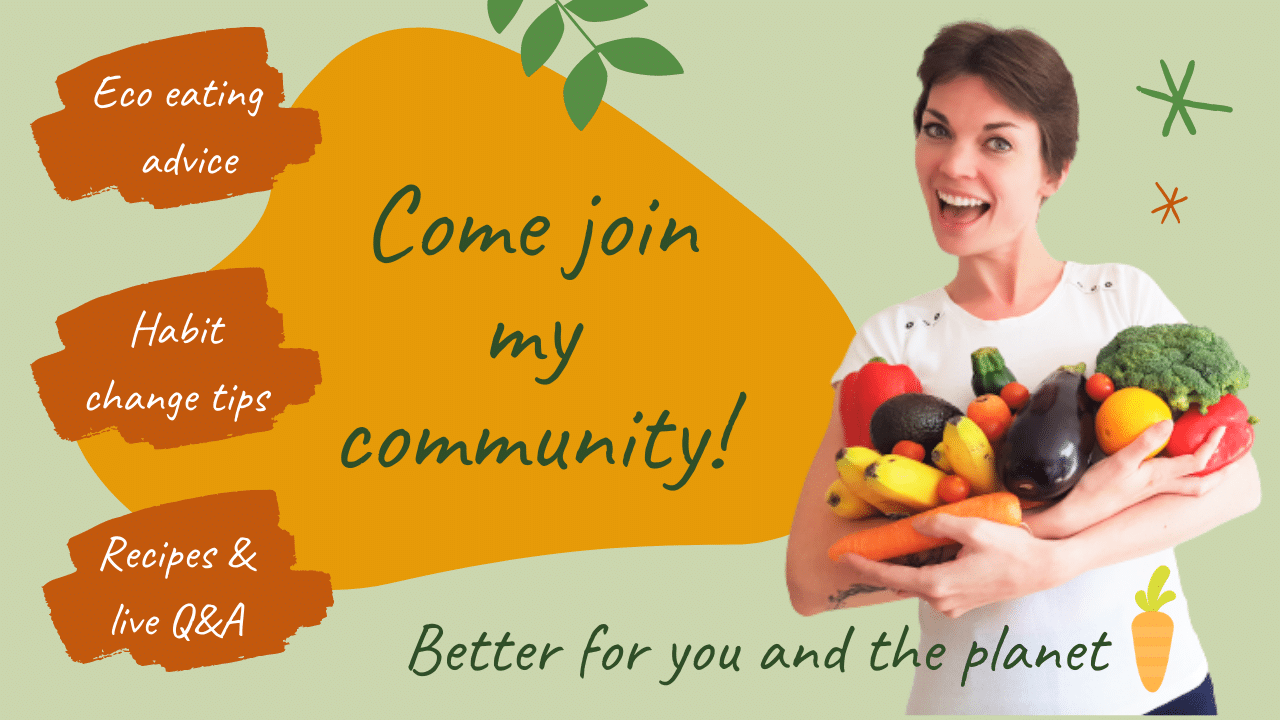So many of us do not consume a varied diet and eat the same breakfast 5 days of the week, have a couple of lunch options and repeat the same dinners week in week out. Even our snacks and fruit often lack variety. Is this you? It certainly used to be me! We do this because it’s easy. But did you know that it’s not the best for our health, or for the planet?
You may be surprised to know that there are thousands of edible plant species on the planet, but we only really consume a few hundred of these globally [1]. We suspect that our ancestors used to consume a huge range of foods and have a very varied diet as they travelled through biodiverse forests and grasslands consuming what they found. I wonder how many different plants you eat in a year?
In this article, I’m going to lay out the reasons why you should try to increase the variety of the foods you eat and give you a few tips to get started consuming a varied diet (if you feel inspired after reading this!).
So why should you want to eat a varied diet?
What are these compelling reasons to start eating a more varied diet?
#1 - To get all the nutrients your body needs; helping it function properly and have lowered chances of disease
There are 13 vitamins and 16 minerals that are essential for the body [4], and many more plant compounds like antioxidants and phytochemicals. Without these your body simply cannot function properly, and you’ll likely end up with symptoms of illness like fatigue, skin complaints, anxiety or depression, or even something worse like cancer. Different foods contain different nutrients, so eating a variety of foods or following a varied diet can help ensure that we get all the vitamins, minerals, and other nutrients that our bodies need.
Think of it like this. When you’re baking a cake you might not have all the right ingredients. You can swap other things in and you might still get an ok cake, or it might totally fail. But if you use the exact right ingredients, you get a perfect cake. Your body is trying to do the baking and if you want things to work perfectly, you’ve got to give it the right ingredients or it’ll have to make do and the results may not be what you wanted. By eating a varied diet, you increase the chances of your body having all the right ingredients to hand.
#2 - To increase the biodiversity of good bacteria in your gut
We have trillions of bacteria and other microorganisms in our guts (and loads more throughout our bodies) [2]. Which may sound scary, as we’ve been trained to fear bacteria as causes of disease. But bacteria are like people; the majority are harmless, or even helpful, but there are some out there that you need to protect yourself against.
The ones that populate our guts, live on our skin etc are very beneficial to our health (possibly even essential), helping us to digest foods and release nutrients, aiding immune function, helping maintain a healthy metabolism and providing us with their own biproducts, like vitamin K and butyrate (which is very important for our gut and brain health).
There are thought to be thousands of different strains (types), each with their own function and favourite foods [3]. So the greater the variety of foods we eat and the more we consume a varied diet, the greater our gut microbiome diversity, and the more we can benefit from our helpful residents. Even just 1 tsp of a food is enough to help a population grow, so even just trying a small amount of a new food can make a difference!

#3 - To reduce the chances of developing a sensitivity
Is it any surprise that the foods we consume most of are the ones that people are increasingly becoming insensitive to? Dairy and grains, especially wheat seem to be causing problems with an increasing amount of people. Varying what you eat, and not eating too much of one food reduces your chances of developing a sensitivity or intolerance to a food, and no one wants to be bloated and gassy, or develop new skin conditions. So eat a more varied diet and give your body a break.
#4 - To improve biodiversity around the planet
The human race currently consumes as much as 90% of its calories from just 15 crops, with wheat, corn and rice being the main 3! [1] That’s pretty shocking and means that the majority of our farmed land is for a limited amount of crops. This is very bad for wildlife as different insects and animals prefer different food sources; that’s how nature evolves, to eat its own niche things.
We must eat a varied diet and encourage these massive mono-cropped farms to diversify if we are to improve the biodiversity on the planet.
#5 - To save our soils and reduce chemicals in our foods
Growing the same crops is not just bad for biodiversity; it’s also bad for the soil. Different crops require and take different nutrients from the soil, and give different things back. If we grow the same crops continuously, the soils become exhausted of these certain nutrients that the crop requires and yields will drop, requiring artificial additives to be added (most of these are derived from fossil fuels by the way).
This is all a vicious cycle that comes back to reduced biodiversity as plants that are not receiving the nutrients they need are like us (!), they will have less resilience to sickness and disease, requiring more pesticides and herbicides to be applied to help them compete with other plants and resist being eaten by insects. As we are starting to realise, these chemicals make their way into our bodies and water systems around the world, affecting our health and the health of the planet and its animals.
Consuming a varied diet enables farmers to rotate crops between fields, which helps reduce the risk of soil exhaustion, especially if done correctly.
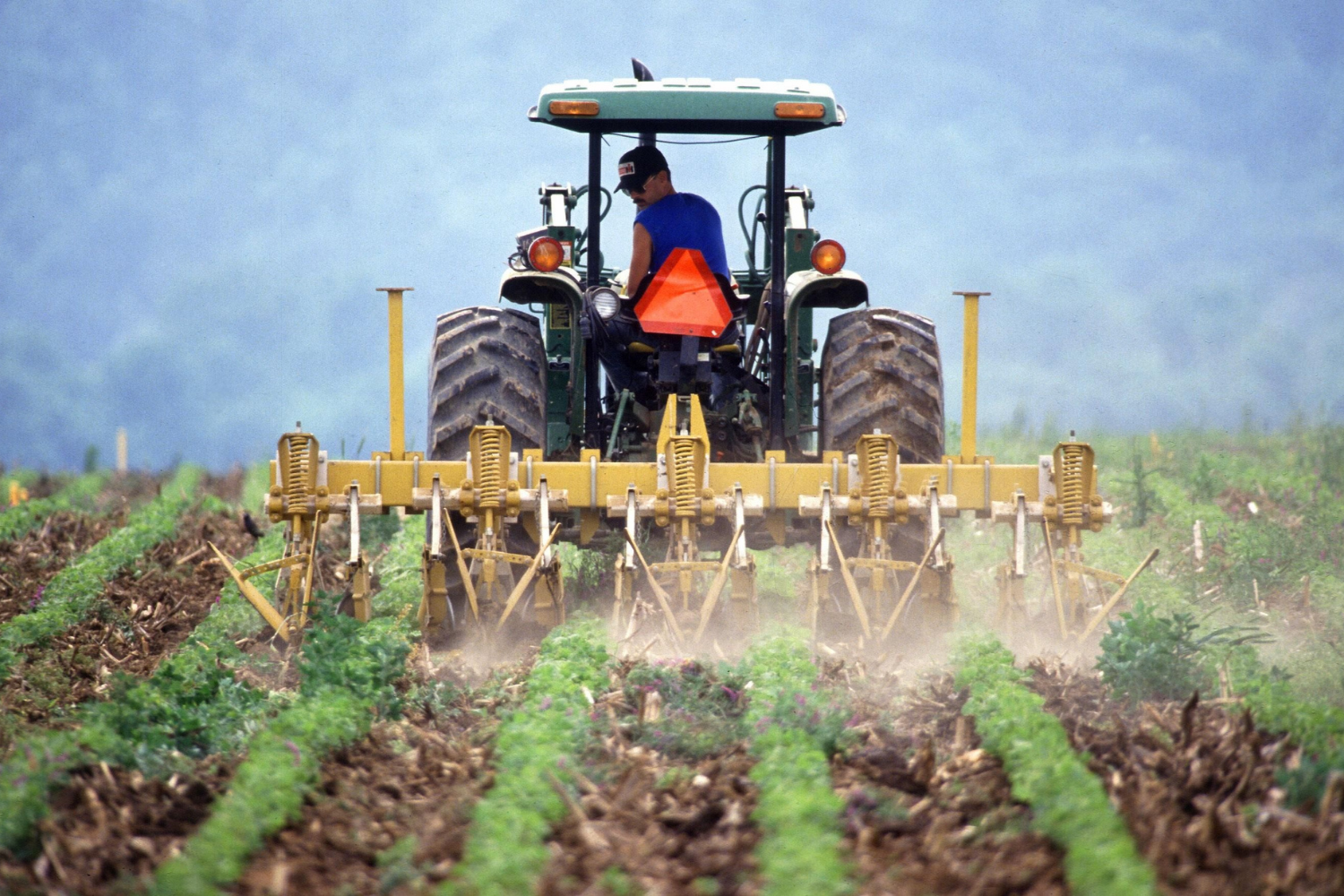
#6 - To make mealtimes more interesting
And lastly, it’s just more fun, and can add a bit more variety and interest to your week. Let’s face it, eating the same meals all the time is comfortable, but hardly exciting. Experimenting with different flavours from herbs and spices can make food more enjoyable (instead of flavouring everything with sugar and salt).
Overall, a varied diet can provide us with the nutrients we need, support our gut health, reduce the risk of chronic diseases, and contribute to a more sustainable food system while also making eating more enjoyable.
Convinced yet? Let’s get you started eating a more varied diet with my tips and tools…
My top tip for any sort of diet change is to go slow, or it becomes overwhelming. So don’t do all of these at once, just pick some that seem doable to you at this stage, and then come back and do more once they’re a habit (and you’ll hopefully have seen some of the health benefits firsthand and be even more motivated to continue this journey!)
Get curious! Pick up those unusual veg at the store, even if it’s just one a week, and google how to cook it. Veg in any recipe are pretty interchangeable with others of the same type, so change up your usual greens or root veg for something different – I’m trying kalettes this week! This doesn’t have to be limited to fruit and veg; try a new grain or protein source that you haven’t tried before.
Try eating seasonally, this will limit certain foods to certain periods of the year, encouraging you to try alternatives. This is also great for the planet as the food hasn’t had to be stored in temperature controlled facilities. Unstored foods are also fresher, and contain more nutrients. If you struggle finding UK seasonal recipes online – my recipes have a seasonal filter! Check them out here…
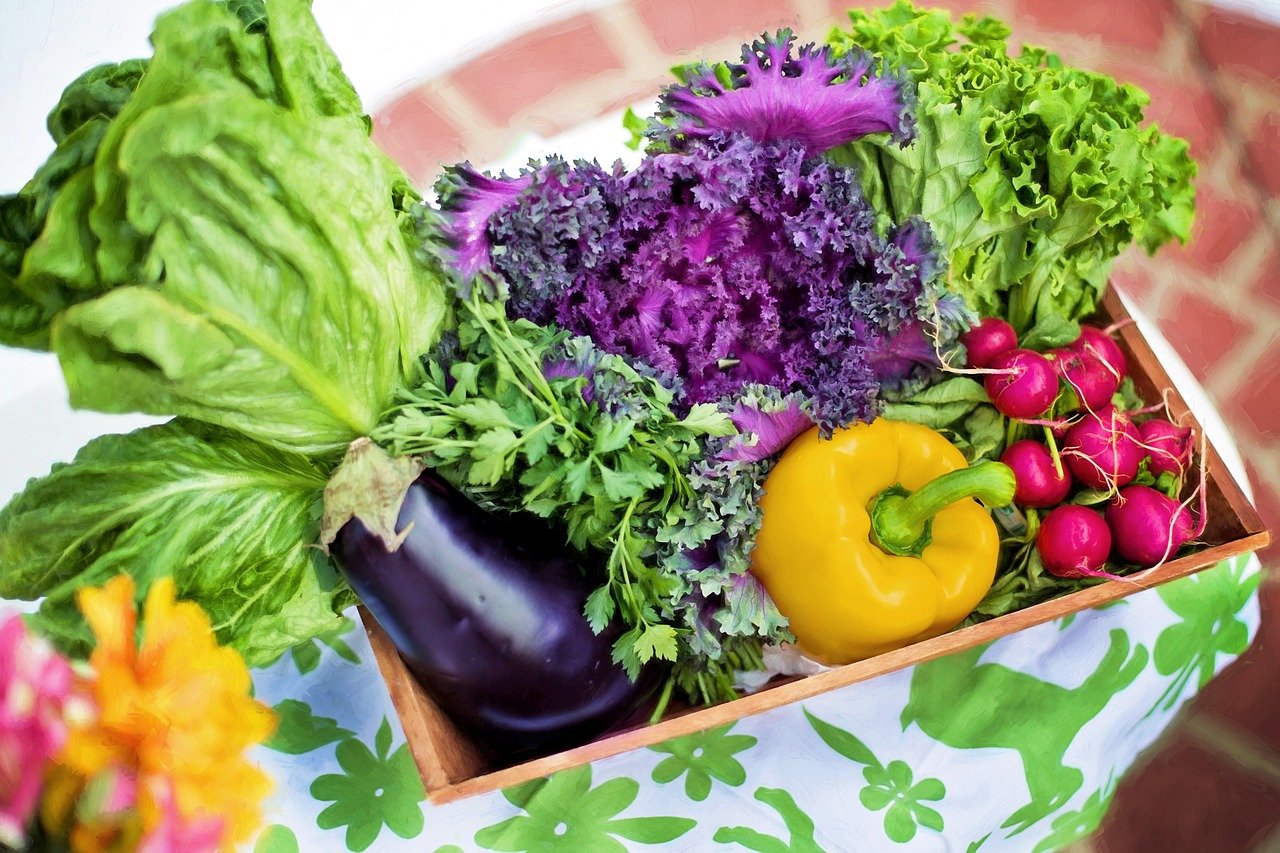
Think about eating more colour – have you heard the term ‘eat the rainbow’? By making sure you eat fruits and veg of all colours, you can help make sure that you’re getting some of most different types of nutrients. So if you see some purple carrots, grab them! Oh, and white is a colour too (think onions, cauliflower, fennel etc).
Decide where to get your meal inspiration. Try to find one website that has a lot of recipes on that you like the look of AND fit with your eating goals. There are so many recipe sites online that trying to google for ideas is likely to leave you with decision overwhelm. Pick one site, bookmark it and use it for ideas. I will of course take this opportunity to suggest mine, which are simple to cook, packed with veg, contain less crap but still taste delicious. A simple way to help you eat a varied diet. Check them out here…
Linked with this is meal planning – you need to plan your meals if you are to have any hope of changing the way you eat and consuming a truly varied diet. You can be much more intentional about your foods and shopping list, rather than instinctively picking up the same foods as usual.
Your meal plan can be a simple scribble of dinners a few days ahead on a piece of paper, or a full plan for the week of all meals. The importance here is to try a few methods until you find the one that works for you. If you’re serious about learning to plan meals, or have tried before and would welcome a bit more guidance, check out my low priced course here…
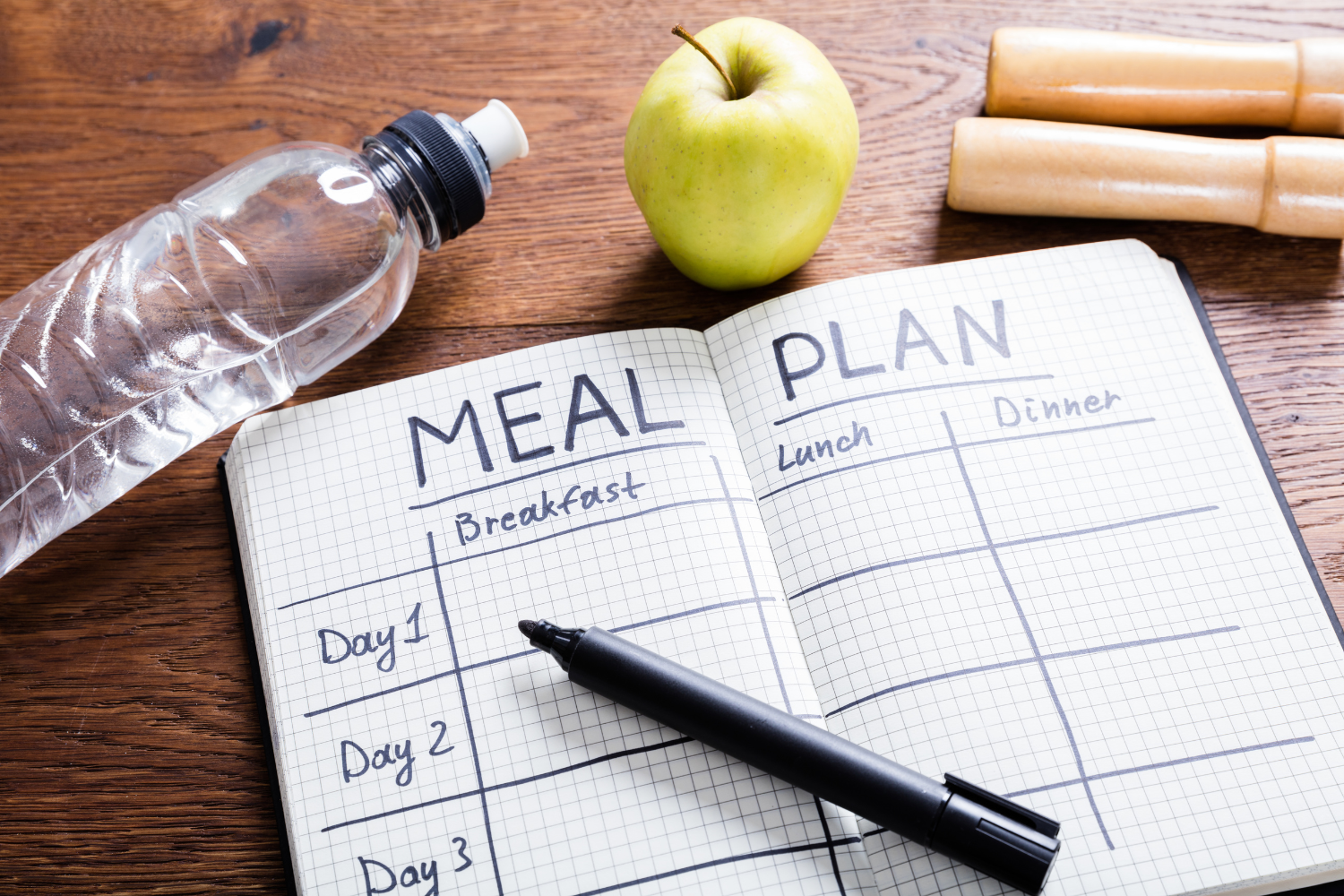
Conclusion and next steps…
I hope you can see that eating a more varied diet can be a great way to improve your health, save the planet and have a bit more fun in the kitchen. Try some of my suggestions above and let me know in the comments which ones you’re going to try and any others you can think of. I’d love to hear about any odd veggies you find in your local markets too and give a go 😊
If you want to learn more ways to be healthier whilst reducing your impact on the planet, sign up to my mailing list below and join my Facebook Group!
I share my knowledge, recipes (balanced, seasonal and eco-friendly), research on best choices and other tips, as well as my letting you know about how you can keep making small steps forwards.

Hey 🙂 I'm Sarah, a Nutrition and Behaviour Change Coach who focuses on helping people to eat in a way that's better for their health AND for the planet.
After a spell as an Accountant and Project Manager in London, I've returned to my scientific roots and now spend my time researching eco-options, helping people to shift their diet to a healthy, balanced one, and raising awareness about the importance of soil health for ourselves and our planet.
My main aim is to help people to start making some small (but significant) changes to the way they eat so they can enjoy all the benefits, like more energy, less sickness, reduced risks of future disease and less guilt - because we all need less stress and guilt in our lives! All whilst minimising our 'footprint' and helping preserve the planet for generations to come.
Having gone from being a vegetable hating, stressed out and sick corporate mum who felt constant guilt for not feeding her family properly and not doing enough for the planet, to a healthy, veggie loving and eco-minded mother with much less stress, I've been where you are and can definitely help you overcome your barriers and move forwards. What are you waiting for? Let's get started!
Check out my story here to get to know me a little better... or take a look at HOW I can help you on my Resources page.

